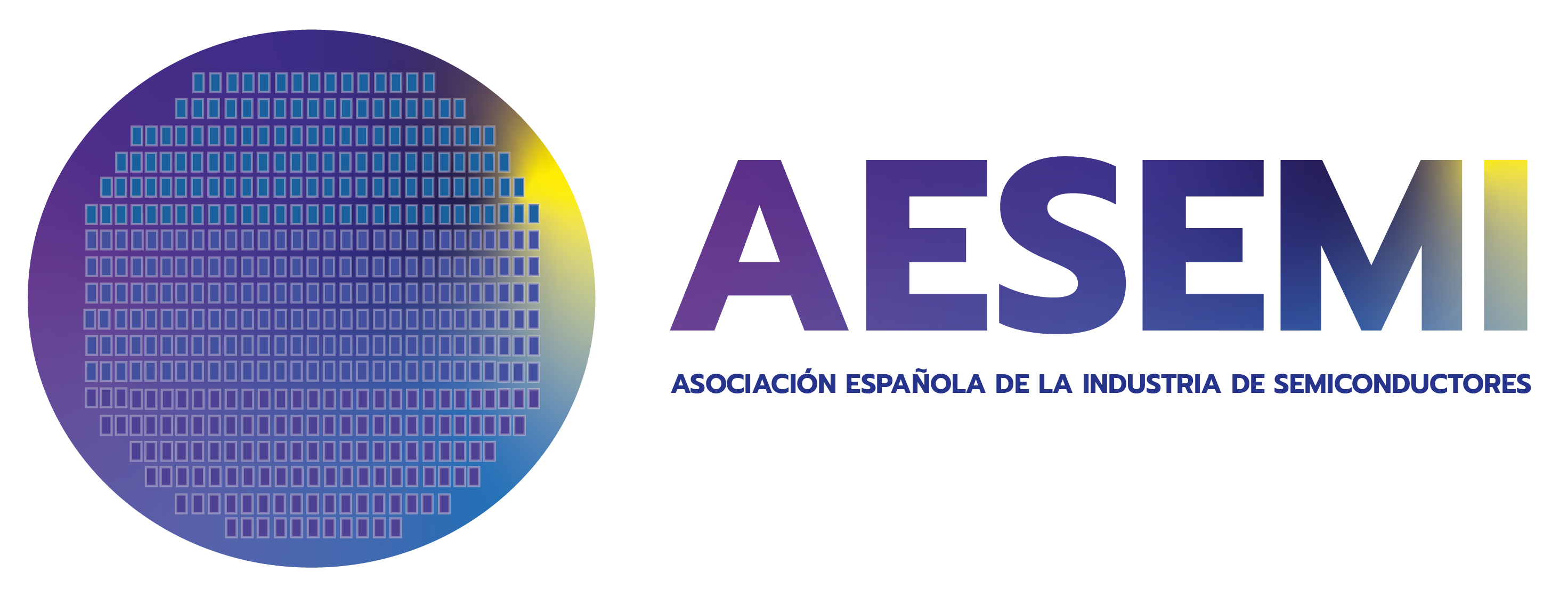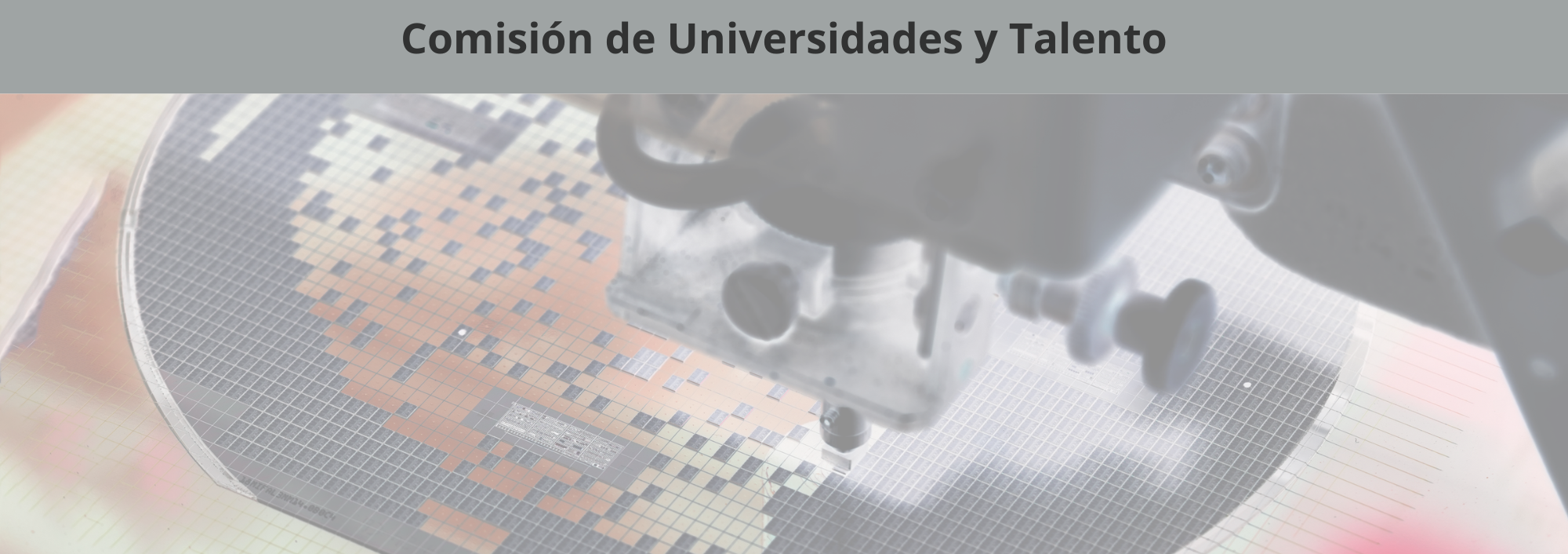Rodrigo Picos, Coordinator of the Universities and Talent Commission
The semiconductor industry is one of the most talent-intensive industries in the world and requires a very high and constant level of training to be able to compete. Spain, as a country, cannot be left behind in this field at such a critical time, marked by the geopolitical tensions that are hampering supply chains. The best way to avoid falling behind in this race is effective collaboration between industry and universities and research centres, with the support of the administrations. In this way, joint actions should be promoted that address the real needs of industry, without losing sight of the general training and basic research that are the raison d’être of universities. In other words, universities can and should be incubators for companies in three fundamental areas: basic research, training and talent.
Collaboration between business and universities, although desirable and a declared objective of many rectors’ offices, is problematic for many companies for a variety of reasons, the most common of which are as follows:
- Different working rhythms: apart from specific cases, university working times tend to be closer to the rhythms of public administrations, being much longer than those that companies can afford.
- Different basic objectives: universities, or rather researchers, have low technology readiness levels (TRL) as their main objective (TRL 1-4), while companies generally require products that are already close to market (TRL 7-9). In between these two TRLs is the so-called valley of death, in which much university research is lost.
- Different priorities: for researchers in general, the priority is to be able to obtain publications (the famous publish or perish), which they achieve through research projects that finance materials and personnel. For companies, the priority is to have functional products.
- Excessive bureaucracy: universities and research centres, as public bodies, are subject to restrictions and bureaucratic burdens that often hinder collaborations.
- Lack of information: With the exception of companies that are university spin-offs, there is a great mutual lack of knowledge between the two parties, which includes not only the catalogue of skills available but also the very existence of the possibilities for collaboration.
- Disconnect between the training provided by universities and the needs of business: in many cases, the adaptation of existing curricula takes years due to the need for multi-stakeholder approval.
The only way to overcome these problems is to create meeting places where, with good will and patience, companies and universities can meet and, little by little, build bridges. The Universities Commission has proposed a number of activities to achieve this goal:
- Detection of companies’ needs: the first point in order to be able to ask universities to approach them is to know where they should approach them. To this end, we have set ourselves the objective for this year of compiling a list of the needs of companies, both in terms of training and research.
- Dissemination of the university offer: without prejudice to the previous point, the creation of a unified catalogue of university specialities and skills is also underway, so that companies can access them in a simple way.
- Definition of micro-training and international cooperation: AESEMI seeks to be able to offer its members a wide range of micro-training courses, in line with the needs detected in point 1. As an intermediate step, collaboration is being explored with the Spanish Open Hardware Association (SOHA) in the definition of short training courses (up to 30 hours or 3 ECTS). The Erasmus+ programme is also being studied as an effective way of exchanging experiences and knowledge with other countries in the region.
- As a complement to the previous point, we will seek to create a pool of places in companies for students on internships or to carry out their final degree or master’s degree work. At the same time, we are also going to study the training needs of companies for these students, and we are going to try, through micro-training, to ensure that they arrive as prepared as possible.
- Cooperation with the Ministry and delegation of PERTE Chip: in this case, both are fundamental, not only as potential sources of funding, but also as actors (or, in this case, project managers) defining and promoting the industrial and educational policies that will shape the sector in the medium and long term.
In short, there is a certain disconnect between the university and the semiconductor industry in Spain, which we hope to overcome by finding effective ways of collaboration. In this way, by promoting the ecosystem in Spain from all areas (legislation, teaching, research, development, innovation, application), we will be able to compete and, why not, collaborate effectively with other players in this field at a global level.


